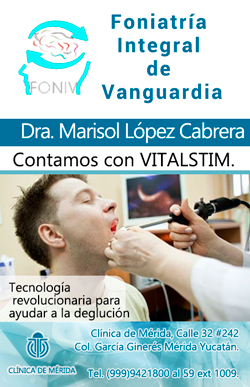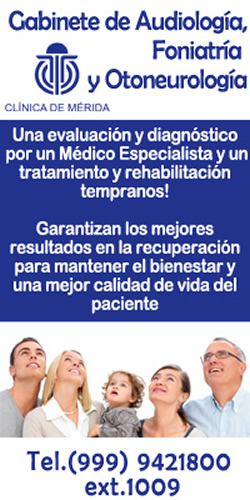Language difficulties have been present in the human being since antiquity. Social and institutional awareness towards this type of disorders has slowly improved to this day.
Already in the Modern Age (XVI centuries to the XVIII) is informed of education of subjects with language problems. Stresses the work of Pedro Ponce de León as a precursor of treatment these difficulties. Progressively, it became aware of the importance of the treatment of language difficulties. In the XIX and XX centuries, the institutionalization of attention to people with language disorders is produced.
Educational orientation traditionally attends this problem. Subsequently, numerous publications, specialized journals, congresses and begins to speak of the discipline of Logopedia in Spain. However, the present work aims to highlight the significant evolution that Logopeddia has experienced as a discipline in the Spanish context and its association with educational guidance and psychopedagogy. We will talk, in the first part, of the history of Logopedia and, in the second part, of the birth of Logopedia as an official titling.
Foniatry is a medical specialty originated in Europe over ninety years ago, with a presence in our country for almost sixties. Born in Caracas, in the maternal fire of the Venezuelan Institute of Hearing and Language, it has expanded by many States of the country, currently counting with more than one hundred and thirty specialists. In the Aragua state, it has been presented for more than twenty years.
Phoniatry is a clinical branch of rehabilitation medicine and attention to disability. It is fundamentally responsible for the attention of language problems and disorders, hearing, speech, voice, oral motor skills and swallowing, which are encompassed in the set of communication deficiencies and disabilities.
The philosophy or point of view of phoniatrics is the search for better communicative functioning despite the existence of a permanent deficiency in the role of a body system, or the recovery of transiently impaired skills due to an external agent or internal to the human organism and that compromises interpersonal communication.
The scope of the action of phoniatrics is broad. As we aim before, it ranges from the resolution of the problems encountered in the so-called speech phonarticulatory organs and speech to the complex mental functions related to language.
The most common problems of communication health in our country are those related to hearing (it is estimated that at least eight hundred and people in Venezuela present hearing disorders of importance) and the voice (up to a fifth of the professionals Teachers can present disorders with their vocal system at some point in their work year). On the other hand, it is estimated that almost 400 thousand boys and girls in our country require some support in the development of oral language at preschool and school ages.
The role of the phoniatrist in the evaluation and intervention of these matters is crucial for obtaining an exact diagnosis, which is not limited to identifying the presence of an injury or the transcendence of it, but to restore the most natural state possible of operation and achieve the prevention of complications, the limitation of sequelae and the avoidance of relapses in a communicative dysfunction.
The intervention of the Phone Physician is essentially functional, that is, function oriented and therefore the objective of maintaining the most effective communication possible. For this purpose, it works as a team, fundamentally with the therapist of language or phonoaudiology, as well as clinical links with psychologists, occupational therapists, teachers, doctors otolaryngologists, neurologists and physiatrists, among others.
The activity of phoniatra also touches the aspect of occupational audiology, which is the branch of health that prevents, detects, confirms, diagnoses and intervenes in the auditory alterations due to noise in the workplace.
As phoniatrics can be observed is a very broad specialty that serves children, adolescents, adults and older adults with the purpose of improving their quality of life and helping to obtain better results in schooling or preserve the best possible conditions For work, as well as it is important to establish an improvement in the conditions of those people who remained with some permanent disability to communicate.



